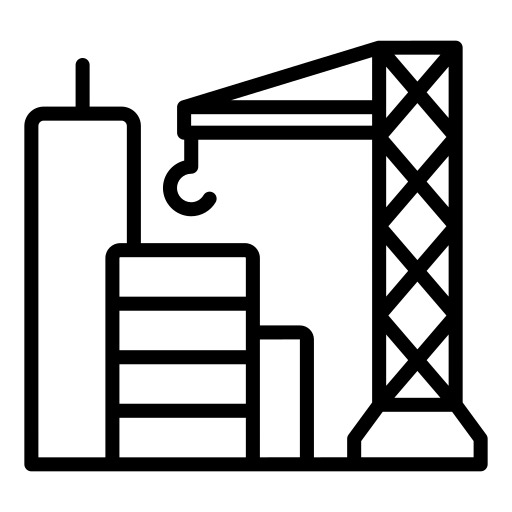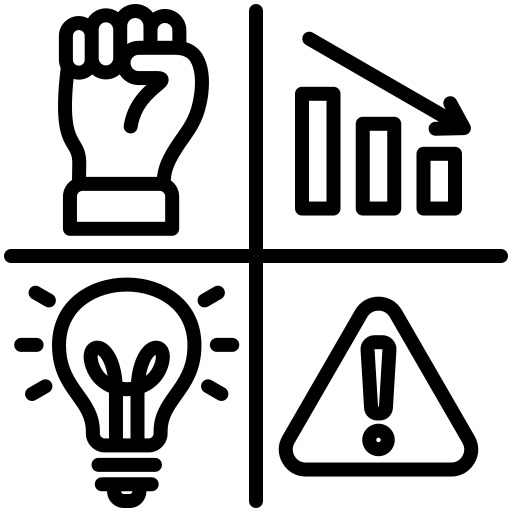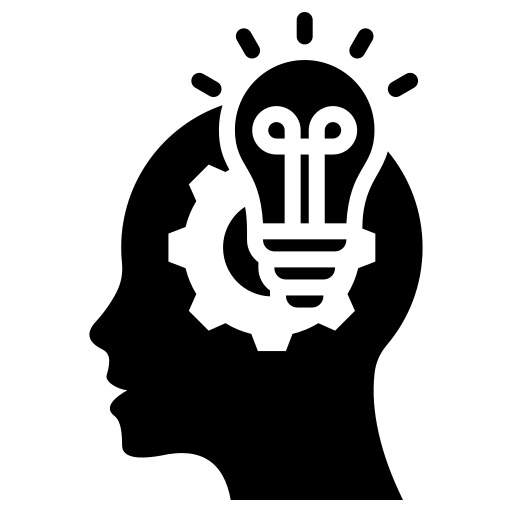Effective education planning is the foundation for a child’s academic success and future career development. At KAREER Studio, we believe that strategic planning helps students align their educational journey with their strengths, interests, and aspirations. Our personalized approach focuses on understanding each child’s unique abilities and potential, enabling them to make informed decisions about their educational path.
We guide both parents and students in setting realistic academic goals, choosing the right subjects and extracurricular activities, and planning for higher education opportunities. By fostering early awareness and careful planning, we ensure that students are well-prepared to thrive academically and achieve their long-term career aspirations.
Education planning is essential because it provides you with a structured approach to navigate your academic journey with clarity and purpose. It ensures that both you and your parents can make informed decisions about your educational choices, aligning them with your strengths, interests, and long-term career goals. Here are some key reasons why education planning is necessary for you:

Provides a structured approach to navigate your academic journey with clarity and purpose

Helps you and your parents make informed decisions about educational choices.

Aligns your education with your strengths, interests, and long-term career goals.

Ensures you are prepared for future opportunities and challenges.

Maximizes your potential by focusing on the right subjects and activities.
Discover skills, competencies, hobbies, or activities that evoke interest and passion.
Focus on developing strong foundational skills in core subjects.
Participate in diverse extracurricular activities to explore varied interests.
Start exploring different subjects to identify academic strengths and interests
Build critical thinking, communication, and problem-solving skills.
Research potential career paths, shadow professionals, or take career assessments.
Explore colleges based on academic interests, location, and career goals.
Begin the college application process, including essays, recommendation letters, and financial aid applications.
Explore scholarship options and financial aid to support college education.
Start college with a focus on chosen majors or fields of study.
Seek internships, join clubs or organizations, network with professionals in chosen industries.
Attend career fairs, workshops, and gain practical experience relevant to future career goals.
Ongoing education and career development helps professionals stay relevant, adapt to change, and achieve sustained career growth
Pursue certifications, additional courses, or advanced degrees for career advancement.
Explore new career paths, consider further education, or professional retraining as needed.

A complimentary session offers valuable insights and a chance to connect with industry experts!
Copyrights © 2025 KAREER Studio. All rights reserved.